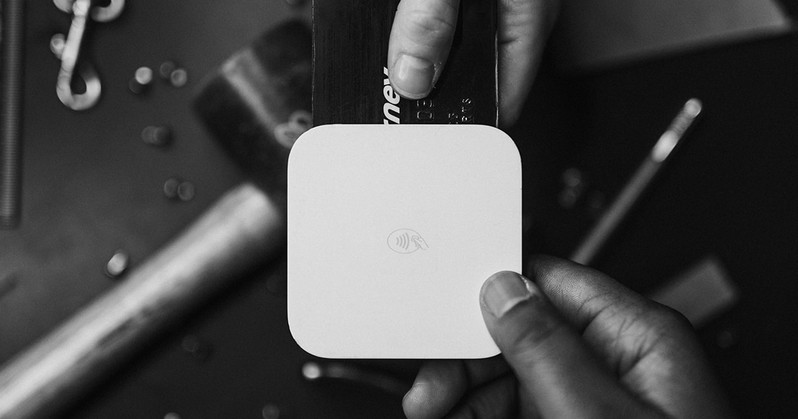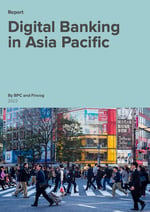Cash is no longer the king in the new payment world
All over the world people are looking forward to the day when the coronavirus pandemic is under control and wondering what the new normal might look like.
Governments have incurred significant spending to strengthen healthcare infrastructure, ensure social wellbeing of the most impacted groups and boost the sustainability of businesses - especially small & medium sized enterprises that may be modest in terms of revenue but play a crucial role in supporting their economies.
Covid-19 has accelerated digital transformation. People have adopted and embraced the new norms of remote business meetings, online grocery shopping, virtual entertainment and home schooling to keep life going while adhering to social distancing rules and travel restrictions.
Cashless society supports coronavirus controls
China, a country with 1.3 billion people, has contained the virus through strict measures to limit movement and cash circulation. An underlying factor that attributed to this success is the cashless society that has developed through mobile payment applications enabled via QR technology by technology giants Alibaba and Wechat. Around 85% of consumer activities now take place across e-commerce platforms and mobile applications that support social activities through messaging and entertainment have helped maintain social interaction.
The payment industry has played an important role supporting the transactions that facilitate day-to-day commercial and business activities. However, means of payment have experienced massive transformation during this period, mainly driven by consumer behaviour.
The result is a decline in the use of cash, which will accelerate as older consumers who have traditionally used this form of payment embrace alternative methods.. This is an important step towards a cashless society as consumers realize that new payment methods offer not only convenience but also help to minimize physical cash handling and reduce the need for cash processing by small businesses.
Biometrics fuels digital payments
This year we have seen a huge shift from physical point of sales transactions to electronic payment through e-commerce channels, greater use of e-wallets, increased adoption of mobile payment via contactless technology and card not present transactions. At the front end, biometric innovation is supporting new ways to make payments via facial or voice recognition.
Businesses should accelerate digital transformation to simplify their business operations via the adoption of technology stacks that offer flexibility and a great user experience and ultimately create a more efficient and sustainable business. For instance, merchants will recognize the importance of e-commerce platforms for increasing purchasing options and enabling alternative payment acceptance methods for their customers. Cutting edge payment solutions are often integrated with value-added functions such as data tracking and monitoring, real-time reporting and dispute management tools, that offer additional customer value.
New payment technology is no longer a luxury
While sophisticated payment technology has been around for decades, many businesses have failed to invest in new payment solutions as the return on investment was only realised after a number of years. However, the coronavirus pandemic has proved that going digital with a proven and robust payment technology solution is no longer a ‘nice-to-have’ but a ‘must-have’ for businesses to be successful.
Going cashless and going digital is not only a vision for a smart nation, but the new normal that every country has to embrace because the future of payment has to be invisible, seamless and secure.




